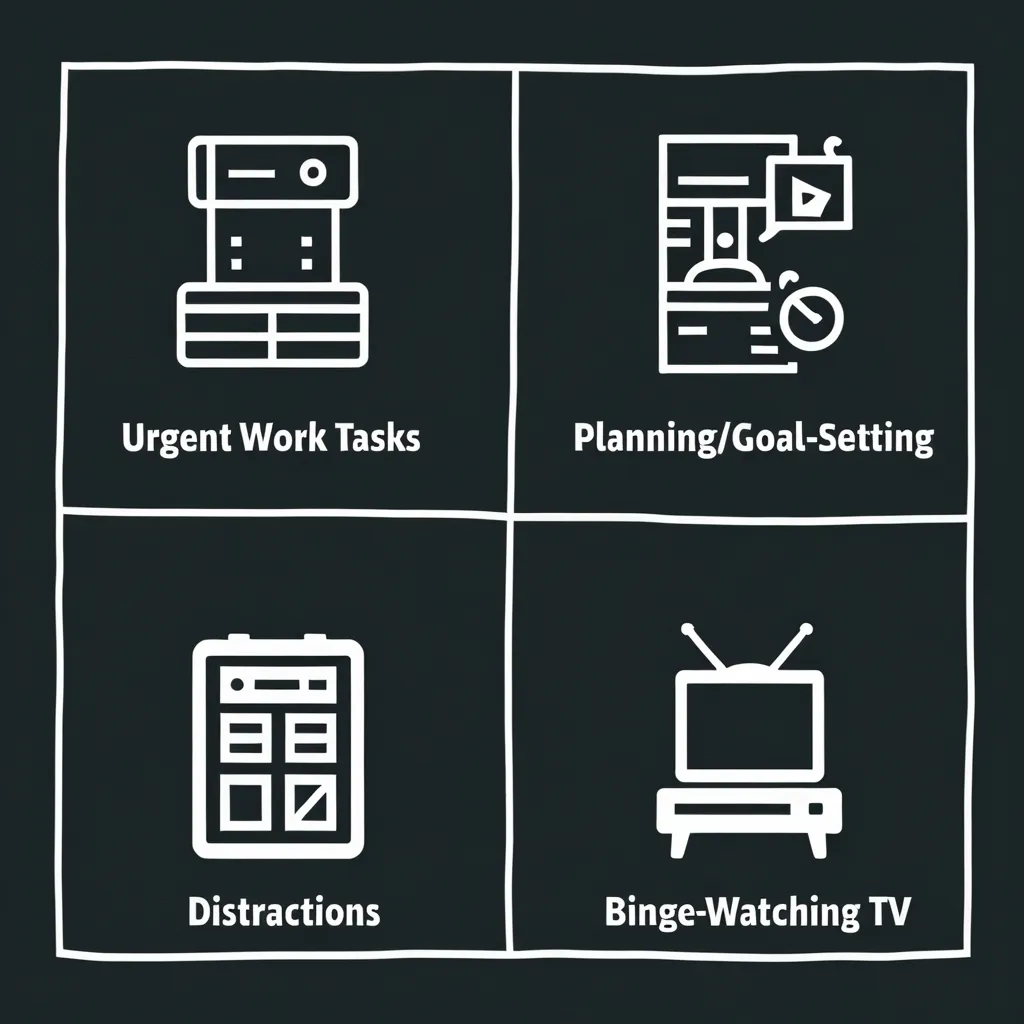Once upon a time, in a quaint and sunny fishing village along the Mexican coast, life moved at a delightful pace. The sea was generous, the skies were vast and blue, and the community was close-knit. Here lived a cheerful fisherman, a man whose life was simple but fulfilling. He started his day unhurried, enjoying the rhythm of the waves as he caught just enough fish to meet his family’s immediate needs.
One day, while gathering his modest catch on the beach, the fisherman encountered an American investment banker who was taking a break from his typically hectic life. After observing the fisherman’s routine, the banker couldn’t resist his curiosity and approached him with a question: “Why don’t you spend more hours fishing and catch a larger haul?”
The fisherman, with a twinkle in his eye, replied that he had caught enough to keep his family well-fed and satisfied. The banker, not entirely convinced, probed further, asking how the fisherman spent the rest of his day if not working longer hours.
The fisherman painted a picture of his day that was as vivid as the sunset. He talked about waking up late, basking in the morning sunshine. He’d laugh and play with his children, relishing each moment of their childhood. Afternoons were for siestas, nestled comfortably beside his wife, while evenings were reserved for music and camaraderie in the village. He would strum his guitar, share stories with friends, and savor local wine under the moonlit sky.
Intrigued but still not satisfied, the banker decided to share a plan. It was a grand vision—a plan involving expanding the fisherman’s enterprise and increasing his catch. With more fish, the fisherman could sell to more markets. Eventually, he could even start his own fishmonger business, become a major distributor, and, perhaps, relocate to bustling New York City to oversee a vast operation. According to the banker’s calculations, with hard work and a dash of luck, the fisherman could become a millionaire within 10 to 15 years.
The fisherman listened patiently, but his expression remained serene. Eventually, he asked the pivotal question: “What then?”
The banker, with a flourish, shared the ultimate reward of all this hard work and dedication. Once wealthy, the fisherman could return to a place much like his current village. There, he could sleep in, spend quality time with his family, enjoy afternoon naps with his wife, and engage with his friends playing guitar and sipping wine in the evenings.
Now, the air between them was filled with the gentle lapping of waves and the distant chatter of village life. The essence of the banker’s proposal was something the fisherman was already living—a rich tapestry of fulfillment, community, and love. The banker had inadvertently painted a picture not of something he could achieve in the future, but of the life the fisherman already cherished.
What makes this story so compelling is its core lesson, as simple as it is profound. In the relentless chase for more—be it more money, more success, or more recognition—there’s a risk of losing sight of the richness found in simplicity. The narrative nudges us gently to reflect on what truly matters. Is it the ceaseless pursuit of wealth, or is it happiness, contentment, and the joy of shared moments?
It’s a tale many can relate to, especially in the modern world that often equates success with net worth. There’s a constant buzz urging people to do more, to get more, and to be more. But what is often overlooked is the value of the present, of living life with intention and appreciation. It’s about finding joy not tomorrow but today.
This story asks us to reassess our goals and aspirations. It’s a reminder that while ambition and progress have their place, they shouldn’t overshadow the simple pleasures of life. Sometimes, the true measure of wealth is not the numbers in a bank account, but the laughter of loved ones, the warmth of the sun, and the satisfaction of a day well spent.
In personal reflections, how often is there envy or admiration for the lives not lived, for the decisions not taken? Yet, this story gently steers away from those feelings. It reminds us to cherish what is rather than constantly desiring what could be. The fisherman’s life, rich in fulfillment, is as achievable as it is enviable.
For many, this parable may serve as a wakeup call—an invitation to pause, to breathe, and to appreciate the rhythm of their own life. It encourages shifting focus from relentless accumulation to deeper connections, from future’s uncertainties to the tranquility of the present moment.
In the end, while the investment banker and the fisherman part ways, carrying with them their own perspectives and life choices, it is the perpetual dance of dreams and desires that continues. Yet, the lesson remains clear and vibrant: Happiness often lies not in grand plans or distant futures, but in the gracious acceptance and joy of the now.
It’s easy to fall into the trap of wanting more, of measuring success through acquisitions or status. But perhaps, in choosing to see the beauty in simplicity, there lies a profound wealth—a treasure that’s less about having everything and more about embracing everything one has with heart and gratitude.
This story, simple as it is, resonates on different levels. It leaves a mark, prompting an internal dialogue about what’s truly important. At the heart of the fisherman’s tale is a gentle reminder to find happiness where you are, with what you have. For in the end, life’s most significant treasures are those that money cannot buy.






